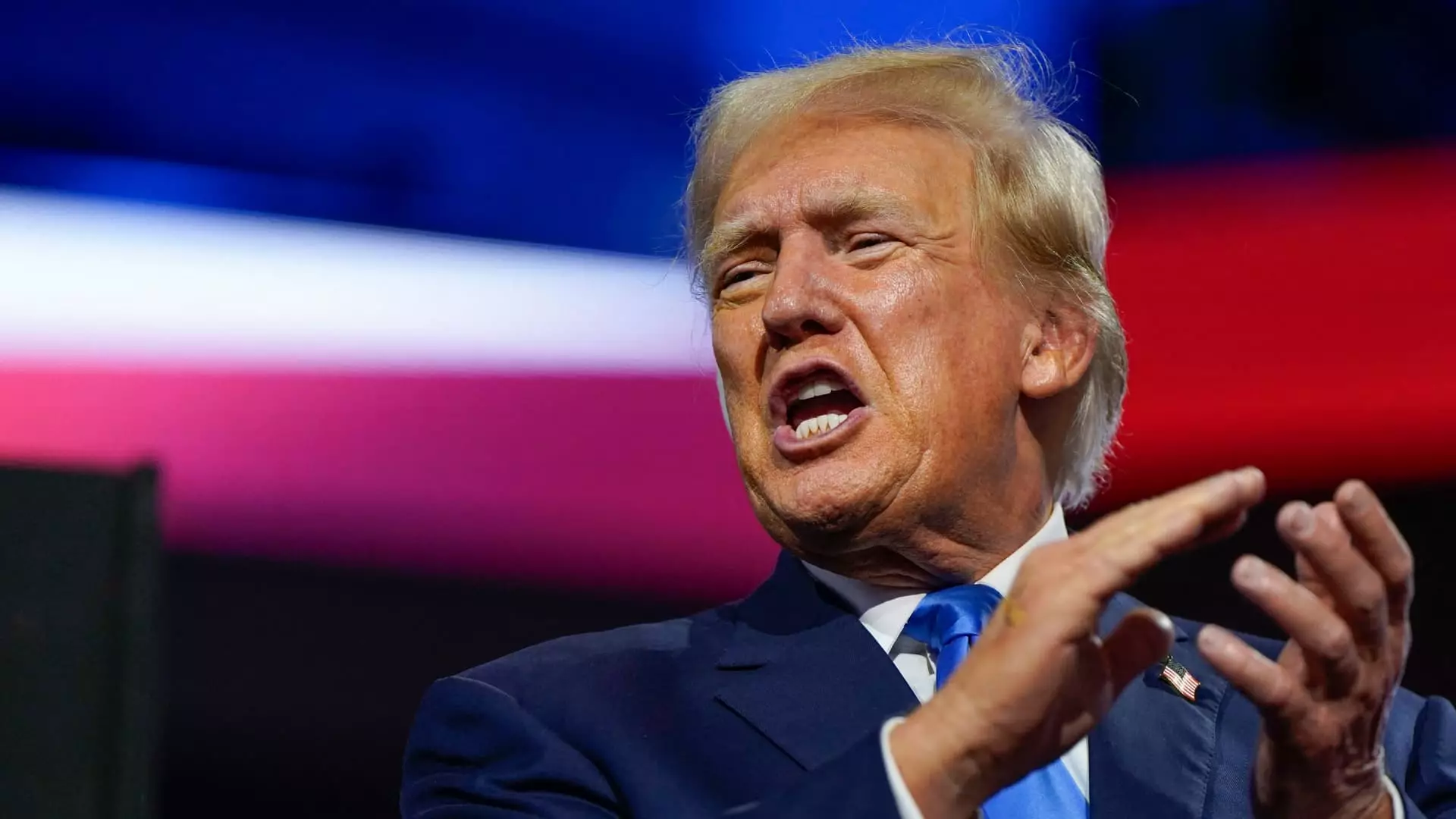Former President Donald Trump has recently secured the Republican presidential nomination, sparking interest from both political parties in Project 2025. This multi-faceted policy plan, created by The Heritage Foundation in collaboration with over 100 other conservative organizations, aims to bring about significant changes to the U.S. income tax system and revamp the IRS. The “Mandate for Leadership,” a comprehensive document spanning approximately 900 pages, outlines an array of policy recommendations for the next administration and calls for extensive reforms in various areas of the federal government. The plan was officially launched in 2022 and published in April 2023. It is seen by President Joe Biden and Democrats as a potential sneak peek into Trump’s future policies, although Trump himself has distanced himself from the initiative.
One of the central objectives of Project 2025 is to enhance economic growth and prosperity through a series of tax policy adjustments. The plan suggests a shift from the existing federal income tax brackets to a simpler two-rate individual tax system, with flat rates of 15% and 30%. This reform would affect individuals differently based on their current tax bracket, potentially resulting in both higher and lower federal income taxes for certain taxpayers. Furthermore, Project 2025 advocates for the elimination of various deductions, credits, and exclusions, including those for state and local taxes and education. While most Americans typically opt for standard deductions, the proposed changes could have a significant impact on tax policy.
Another major aspect of Project 2025 is the restructuring of investment taxes to benefit higher-income individuals. The plan proposes a reduction in the tax rates on capital gains and qualified dividends to 15%, down from the current top rate of 20%. Additionally, Project 2025 aims to abolish the net investment income tax (NIIT), a supplemental 3.8% tax on assets for wealthier filers. These adjustments could provide substantial tax breaks for top earners, potentially lowering the overall tax burden on capital gains.
Under Project 2025, the 2017 estate and gift tax exemptions introduced by the Tax Cuts and Jobs Act are set to become permanent, with the estate and gift tax rate decreasing to a maximum of 20%. Less than 1% of taxpayers were subject to estate tax in 2023, highlighting the potential benefits that this proposal could offer to affluent individuals and their heirs. Overall, the plan aims to simplify tax policies related to wealth transfer and reduce the tax burden on estate assets.
Debates Surrounding Trade Policy
Project 2025 also delves into conservative trade policy debates, particularly regarding tariffs on imported goods. While some proponents, such as former White House trade advisor Peter Navarro, advocate for increased tariffs on foreign products, others, like Competitive Enterprise Institute president Kent Lassman, argue for the reduction or elimination of tariffs to promote affordability. These contrasting viewpoints emphasize the complexity of trade policy decisions and their potential impacts on international trade relations.
Reforms to Enhance IRS Efficiency and Accountability
Apart from tax policy changes, Project 2025 includes proposals to streamline IRS operations and improve its effectiveness. Reforms focus on reducing the intrusiveness of the agency while increasing its accountability to taxpayers. The plan suggests budget cuts for the IRS, an initiative supported by many Republicans, alongside heightened resources for the Office of the Taxpayer Advocate. These modifications aim to enhance the overall taxpayer experience and mitigate issues stemming from IRS actions.
Project 2025 presents a comprehensive vision for restructuring U.S. tax policies and revitalizing IRS operations. While the plan offers promising opportunities for tax reform and economic growth, its implementation may face challenges in garnering legislative support and navigating political dynamics. The proposed changes put forth by Project 2025 could significantly impact taxpayers, especially high-income individuals, and shape the future landscape of taxation and government operations in the United States.

